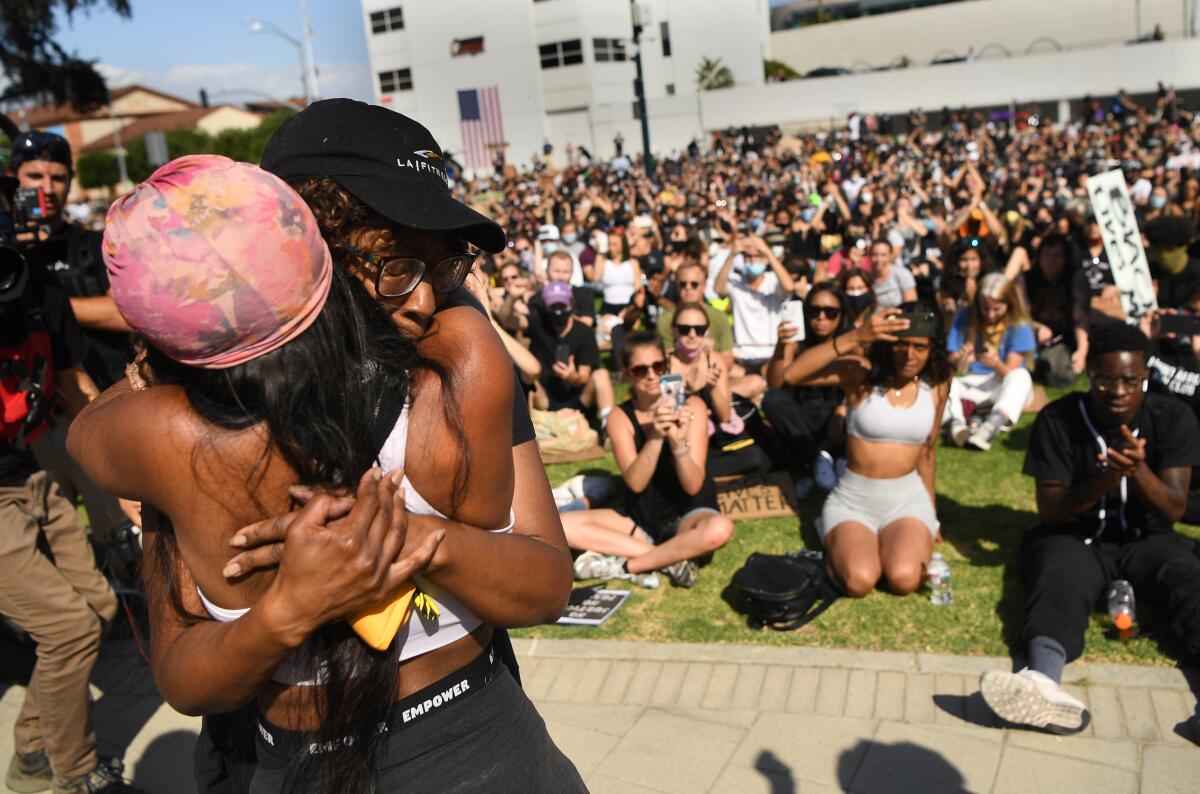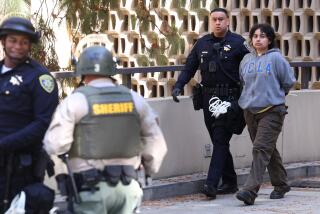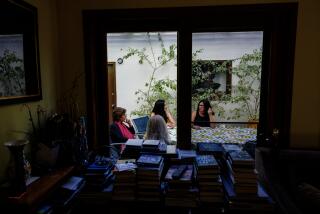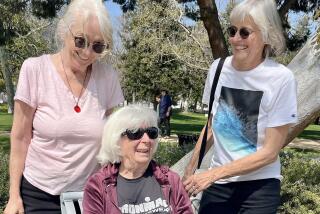Beverly Hills will prosecute protesters for curfew violations

As thousands of protesters took to the streets of Southern California in the last few months to call for criminal justice reform in demonstrations that sometimes veered into vandalism and arson, hundreds found themselves handcuffed for far lesser violations.
Police in Los Angeles, Long Beach and Santa Monica racked up thousands of arrests, mostly for defiance of curfew or dispersal orders, drawing criticism from public health officials who feared that unmasked officers detaining people in close quarters risked worsening the spread of COVID-19.
Los Angeles County Dist. Atty. Jackie Lacey and L.A. City Atty. Mike Feuer announced that they would not prosecute people arrested for such minor violations, and legal challenges to the constitutionality of county and city curfew orders soon arose.
But on Monday, the city of Beverly Hills filed misdemeanor curfew violation charges against 25 people involved in a comparatively calm June protest, a move that has civil liberties advocates scratching their heads.
“It’s totally outrageous that this is going forward at all, that any resources are being expended,” said Rachel Steinback, a defense attorney involved in the case.
Beverly Hills officials were already under fire for their handling of the June 26 protest, when police tried to jail protesters who couldn’t post the $5,000 bail for the curfew violation.
Normally in such cases, police put arrestees through a booking process, issue citations and release them, a practice that has become more widely accepted as law enforcement tries to reduce jail crowding during the pandemic. Beverly Hills began to release the protesters the next day after the National Lawyers Guild and other organizations mounted a public pressure campaign. Still, some people say they were detained for nearly 20 hours.
The protesters were charged under an emergency ordinance meant to “preserve the peace and tranquility of residential neighborhoods,” which barred loud gatherings of more than 10 people after 9 p.m. The ordinance was enacted 13 days before the protest.
An arraignment in the case was delayed until October.
“We are going to treat these prosecutions the same as we treat other prosecutions that are violations of the municipal code,” city spokesman Keith Sterling said. “The public safety benefits are the same benefits of any prosecutions.”
Sterling said neither Beverly Hills Mayor Lester Friedman nor the City Council was involved in the decision to press charges.
Beverly Hills does not have a city attorney’s office and contracts with the outside law firm Dapeer, Rosenblit and Litvak to handle such matters. Many other cities in L.A. County leave misdemeanor prosecutions to the discretion of Lacey’s office.
In court filings, police alleged the protesters had outfitted a van with speakers and amplification equipment that allowed music to be heard from 100 yards away. As the march went on, police alleged, one protester cut down an American flag near the office of the Beverly Hills Courier newspaper and attempted to burn it. That person was charged with arson in a separate criminal case.
There were no other reports of injuries or property damage related to the protest, according to the filing. Around 9 p.m., protesters who defied the curfew were arrested in a residential area near Rexford Drive, the filings said.
James Butler, who organized the protest through the organization Black Future Project and was arrested that night, said demonstrators chose to march in Beverly Hills to shock the conscience of people who might otherwise ignore the criminal justice reform movement that has swept the nation after the police killings of George Floyd and Breonna Taylor.
“We go to Beverly Hills often because our system obviously works very hard to try to protect the rich from the truth of what is happening,” Butler said.
Butler said he was held in the city jail for 22 hours and was denied food for several hours. He also alleged he was denied medical attention. The Beverly Hills police report said Butler briefly fainted while being arrested, but mentions no other complaints about injuries.
In recent days, demonstrations against police brutality have once again begun to tick up after officers in Kenosha, Wis., shot Jacob Blake in the back several times, potentially leaving him paralyzed. With solidarity protests already popping up in downtown L.A. this week, some attorneys said Beverly Hills’ insistence on prosecuting protesters for minor offenses could require additional scrutiny.
“In my knowledge, they are the only prosecuting agency in L.A. County which has gone forward with what are, essentially, identical violations to what the L.A. [County] D.A. declined to prosecute, what the L.A. city attorney declined to prosecute,” said Jerod Gunsberg, a defense attorney. “There’s no different conduct here.”
Butler and others involved in the case also expressed shock at a paragraph in the Beverly Hills Police Department’s summary of the event, which suggested the sight of protesters in the city might make some residents reflect on the Holocaust or killings during the Iranian revolution.
“It should be noted that Beverly Hills is a multi-cultural and multi-ethnic city. However, a large percentage of its population is comprised of Iranians and Jews of Christian and Jewish faiths. Many of the community have experienced untold atrocities before they fled their countries to come to the United States,” a police sergeant wrote in the report. “Many lost their families to mobs who took them from homes during the cover of darkness and executed them in the streets during the Iranian Revolution and the genocide of the Jews. To many of the residents, this is not merely an intrusion of their peace, rather, it is a terrifying reminder of their past.”
Sterling said the report simply reflected the opinions of those in the neighborhood where the protest occurred. Butler, who said a police official sent him a similar email, said he was disgusted that police would compare nonviolent protest to the brutality of the Holocaust.
“That was mind-blowing to me,” he said. “That’s to the point that I was speechless and couldn’t even respond.”
More to Read
Sign up for Essential California
The most important California stories and recommendations in your inbox every morning.
You may occasionally receive promotional content from the Los Angeles Times.











